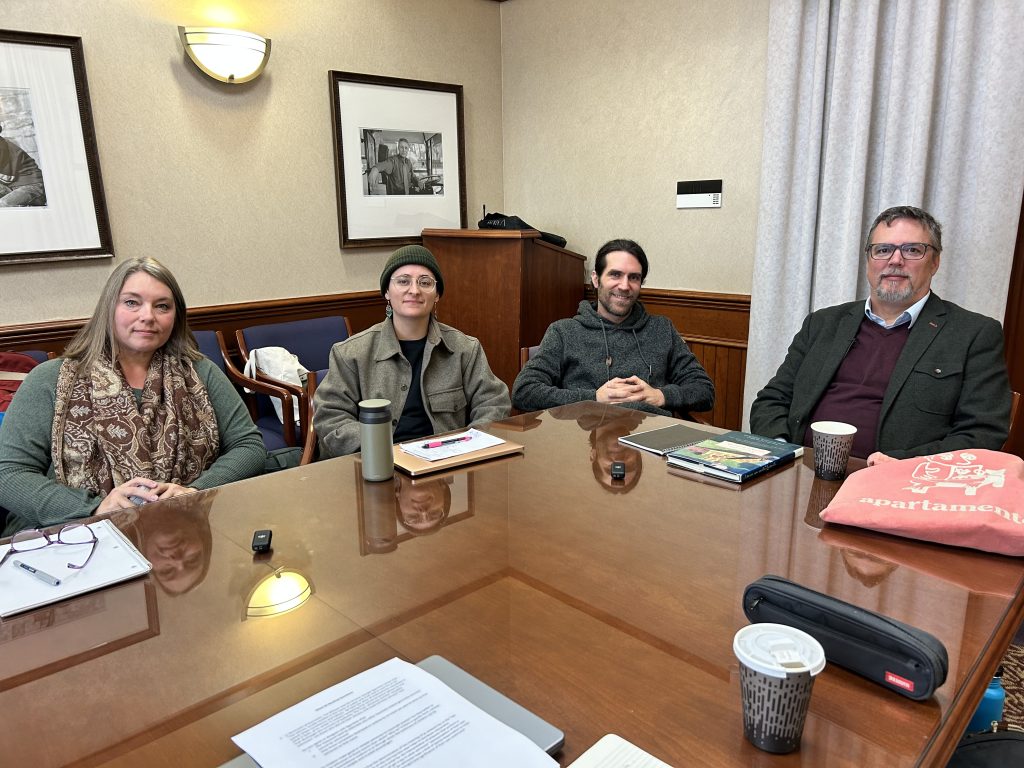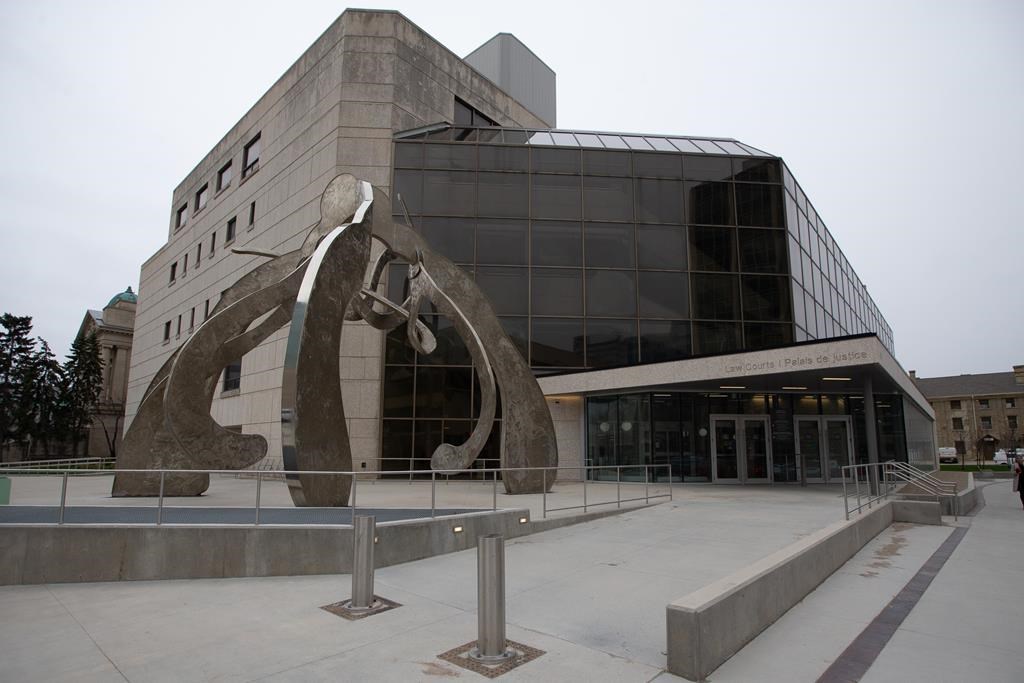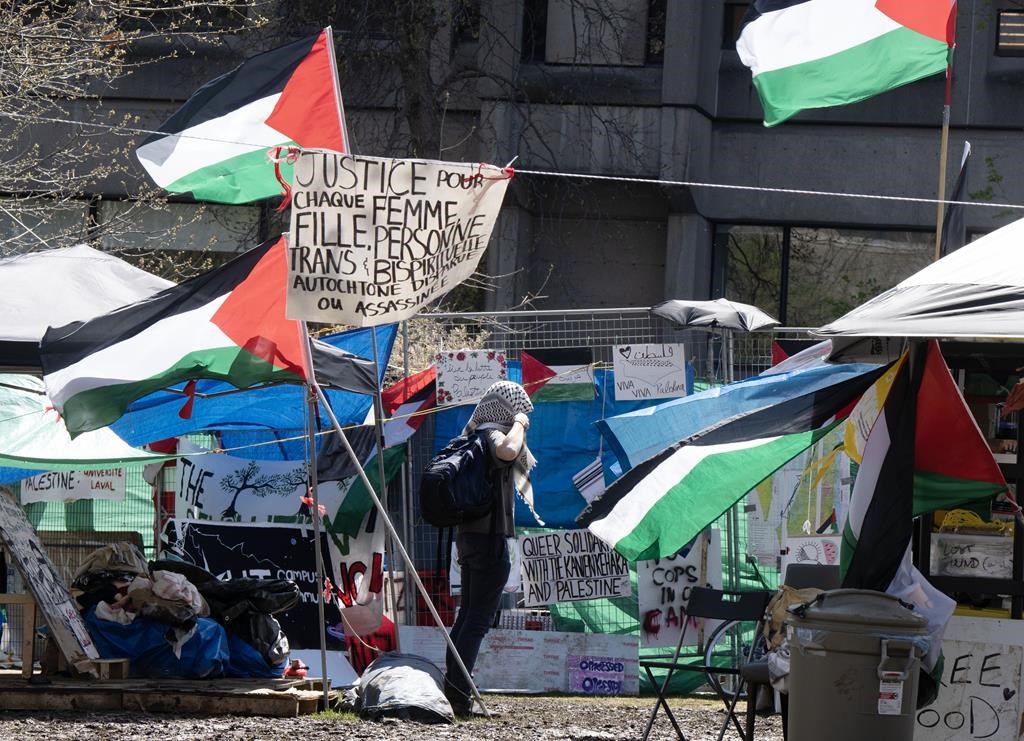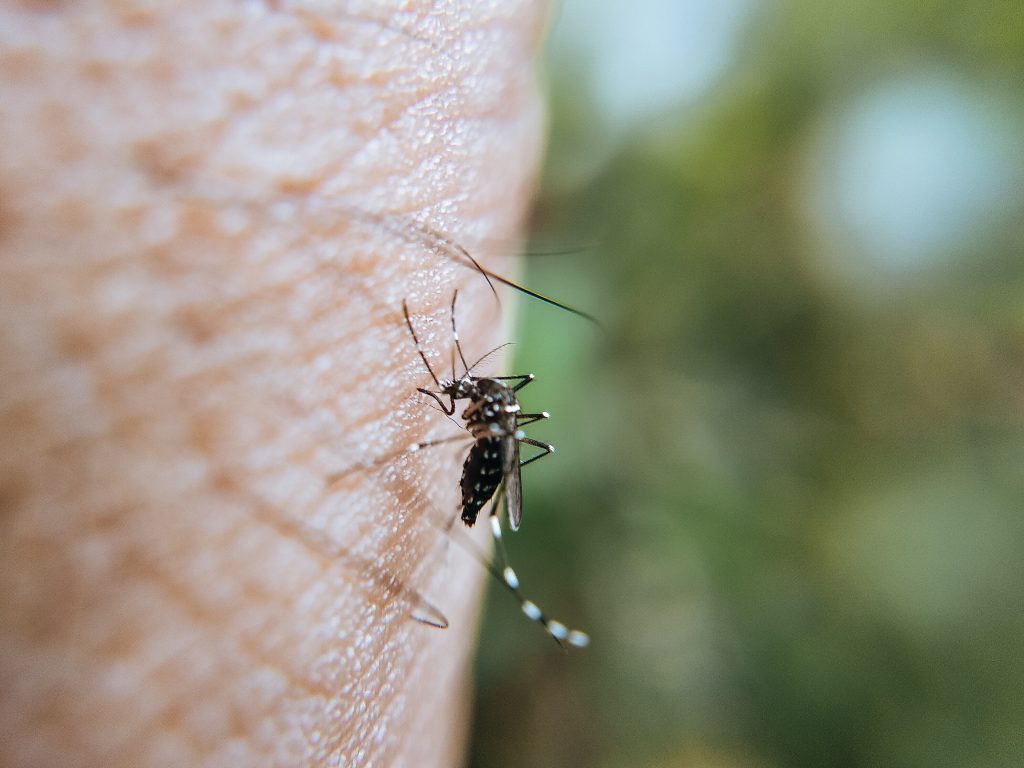University of Manitoba class navigates through discussion about conflict in the Middle East
Posted October 11, 2023 6:09 pm.
Last Updated October 12, 2023 3:31 pm.
As many people around the world are having difficult discussions about events unfolding in the Middle East, one Peace and Conflict Studies class isn’t discussing who is right or wrong.
Instead, they’re focusing on how to speak to each other while having different viewpoints.
Adam Muller is a Professor and Director of Peace and Conflict Studies at the University of Manitoba. His class, on genocide in the arts, looks to understand the experience of mass violence.
“I think we’ve had everybody in the class say something like this, but in order to really make peace a priority for us we need to look at the people who are suffering,” said Muller.
“For example, with Israel/Palestine, we get a lot of information given to us from a variety of sources but we have to know going in that none of that is going to be complete. There’s always going to be something that can’t be said.”
PhD student Jesse Matas says the topic of Israel and Gaza is a near impossible one to approach without alienating someone.

“This conflict especially, if you take a position – no matter what position, it could be considered the wrong position by somebody,” said Matas. “There can be consequences to that depending on your community or the group of people you interact with.
“I feel like that to me is the most difficult part of this particular conversation, for some reason as soon as you open your mouth, it’s polarizing.”
Kathleen Wilson says spaces like these, built on trust and a desire to understand others, are rare to find.
“The hardest thing to do is try to define what a safer space looks like for somebody other than yourself,” said Wilson.
“I want to hear what you have to say. And then we can have a dialogue. And that’s the humanizing part. To me, without that… And I think most people are so angry and so hurt that they’re struggling to hear, too.”
The group shifts the conversation to the people who are in the middle of two opposing military forces.
“It does just make conversation almost impossible. Spaces like this where we can just come and speak to each other, whether or not we have the same position or a different position or any position, I feel like they’re really important. And it’s really hard to find those when the conflict is so potent,” said Matas.
Kari McCluskey says she thinks the media’s messaging towards civilians caught in the crossfire is a specific one.
“There is no good and bad. There is no this and that. Until we are actually to see each other as human, what are we building peace for?” asked McCluskey.
“You have either a message that you matter or a message that you don’t. And that can also fuel further misunderstanding. Demonizing.”
After an uncomfortable discussion, in which not everyone agreed with each other, the group did come to one conclusion: it’s important to humanize the people who are suffering during this conflict.








